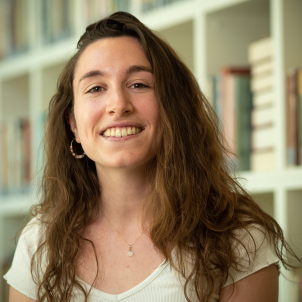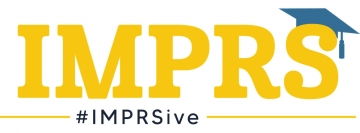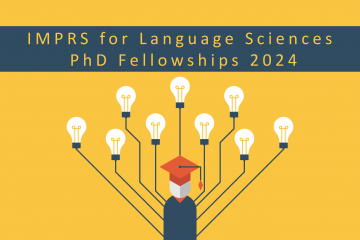Lucía on PhD skills
Name: Lucía de Hoyos González
Department: Language and Genetics
Research: Genetic basis of social behaviour and related phenotypes using statistical genomics tools
Started at the IMPRS: 2020
Nationality: Spanish
How did you come to pursuing your research topic in Nijmegen?
My interest in neuroscience began in a high-school psychology class, where I was first introduced to the complexity of the brain. As I continued my studies in biomedical engineering during my bachelor's degree, I was fortunate to have the opportunity to do an internship in a lab studying neuroimaging and genetics of psychiatric disorders. This experience deepened my interest in the genetics underlying brain-related disorders and neurodevelopmental conditions. That's why I pursued an MSc Neuroscience, and began to dream of a PhD that would allow me to investigate these fascinating questions in even greater depth. I was fortunate enough to find a great opportunity to do my PhD in the Language and Genetics department at the Max Planck Institute for Psycholinguistics.
What are some of the highlights of your doctoral life so far?
I definitely think that a PhD is quite a different ‘job’. It requires specific abilities, such as persistence, personal and social skills, self-motivation, apart from all the specific skills that are related to your PhD topic (stats, programming). I think that this shapes you into a very complete candidate and I imagine that is why jobs in other fields value PhDs so much. And of course the multidisciplinary part of the job. In the Language and Genetics department for example, we have researchers working in genetics but from many different perspectives.
There is no loss in trying
What advice do you have for peers or those considering doctoral studies?
Looking for a PhD? I think in this period you may have a lot of doubts, as in the end you have to commit yourself to a project for (at least) four years of your life. If I would have to give advice on how to make this decision, many things come to mind. The first is the topic of the PhD. Of course you have to like it, but it does not necessarily have to be a 100% match. In the end a PhD is a living process, things may and will change, and you can always discuss with your supervisor what your interests are and there is a high chance you may be able to include it in your PhD.
A second piece of advice would be “don’t be afraid to try”. Sometimes I talk with people that do not dare to send an email to a researcher they would really like to work with. As my parents always said “by not asking you already have a ‘no’, so there is no loss in trying”. Actually, a lot of the PhD's I’ve met got their doctoral position by sending an e-mail like that. Do not wait until there is a vacancy open, just ask.



Share this page